8 favorite campus novels
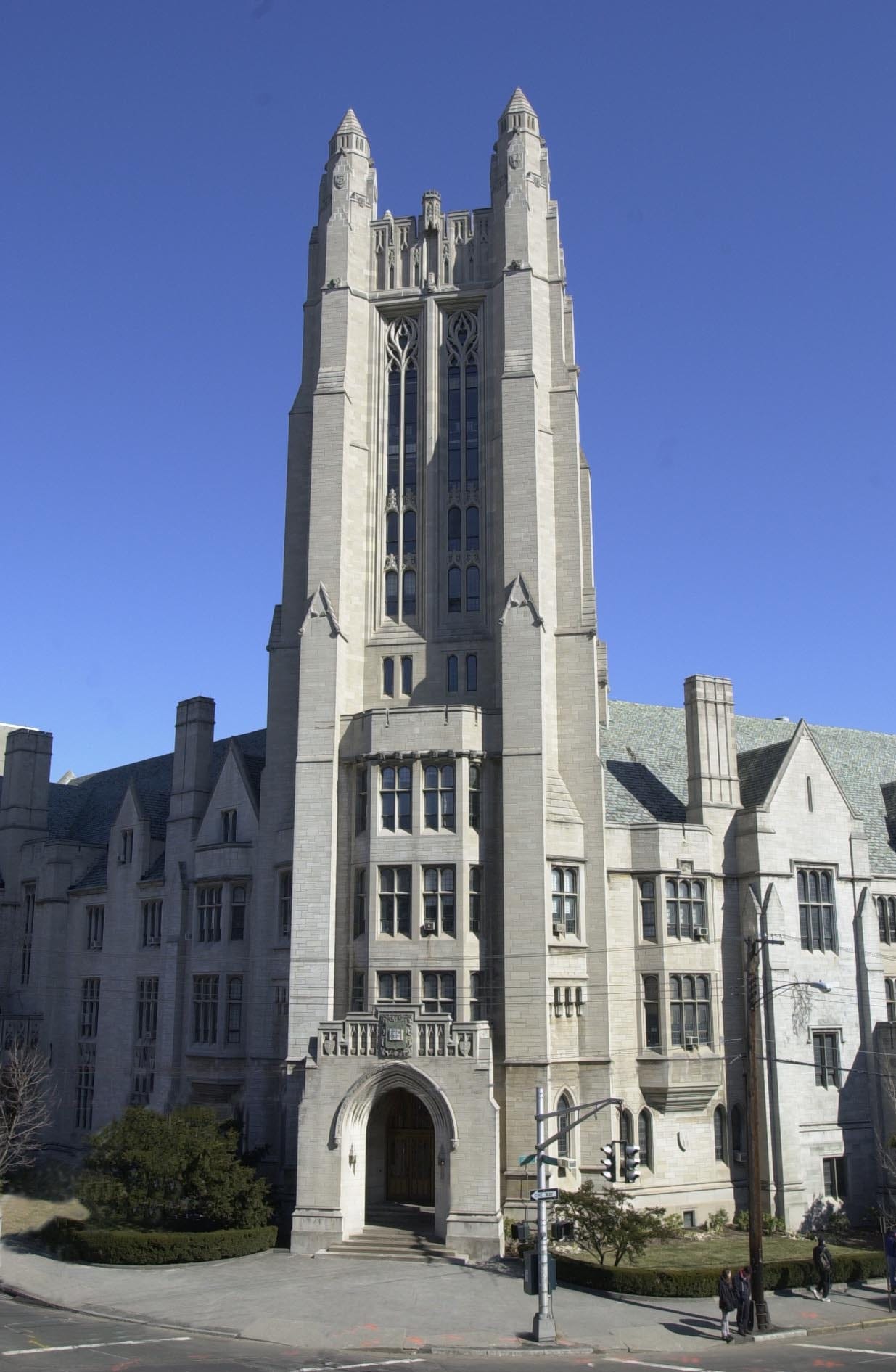
Other posts with recommended books are:
Six terrific books about decision-making by non-psychologists
My favorite books written in the last two years or so
Eight recommended books about good and evil
Four terrific books about writing
I love campus novels. I’ve been in universities for most of my life, first as a student (McGill, MIT) and then as a lecturer or professor (Brandeis, University of Arizona, University College London, Yale, and University of Toronto). So, it’s natural that I’m drawn to stories set in this world.
Campus novels have a lot to offer everyone, though. They’re about sex, politics, status, and big ideas—the stuff of great fiction.
Some comments on my list.
There are notable omissions. Most lists include Lucky Jim by Kingsley Amis. I’m a big fan of Amis’ other novels, but I found it too boring to finish. I’m also meh on Jane Smiley’s Moo, though a lot of people love it.
Most of the books are funny; the exceptions are The Human Stain and Stoner. Stoner, which I loved, might be the grimmest novel I’ve ever read—one critic summarized it as “a novel that explores how life’s accumulated disappointments can wear a person down.” Don’t be fooled by the title; nobody gets high.
My list has six items, but one is a trilogy, which is how I got to eight.
The novels cover different types of colleges and universities. Two of them, by Prose and Smith, take place in fictionalized versions of Harvard. (Many campus novels are set at Harvard or a Harvard doppelgänger). The David Lodge trilogy is mostly set at a fictionalized version of the University of Birmingham, a large public university in England; some of it also takes place in "Euphoric State University"—a thinly-disguised University of California, Berkeley. Russo’s novel is set in West Central Pennsylvania University, based on the University of Southern Illinois Carbondale, where Russo had been a professor. (You get the impression he doesn’t think much of the place.) Roth’s novel is set in Athena College, a small liberal arts college based on Bucknell University, where Roth got his BA. Williams’ novel is set in the very real University of Missouri.
Some of these books were written a while ago. It’s fun reading about academic life before the internet. Professors spend a lot of time at Xerox machines and they mark up essays with red pens. Nobody stays home and holds meetings over Zoom. Threats to expose sexual liaisons are scribbled on paper and slipped under doors, not sent from anonymous Gmail accounts.
It’s also fun to see the same themes emerge over and over again in these novels, even though they span over forty years. These include jealous academics trying to destroy their colleagues' careers, fights over intellectual credit, professor-student affairs, shy brilliant undergraduates, bitter graduate students, pressure to publish, crying during faculty meetings, and writer’s block.
All of these books focus on the humanities—many English professors; few physicists and chemists. Writers write about what they know.
All of the authors spent time in colleges or universities as professors, visiting professors, or visiting fellows, and it shows. They tend to get things right. Still, there’s the occasional misstep. For instance, Smith describes an undergraduate seminar that the professor’s own daughter attends, and he grades her essays. This would never happen at Harvard or anywhere else.
The most recent book on my list was published in 2006. I’ve read more recent books, but none struck me as good as these eight. In the comments, tell me what I’ve missed.
I’ve ordered the list by date of publication. I won’t summarize the novels (check the links), but I’ve been interested in the seven deadly sins these days, so I’ll note the sins I associate most with the books.
John Williams, Stoner, 1965
Pride. Envy.
David Lodge, The Campus Trilogy, 1975, 1984, 1988
Pride. Envy. Lust. Sloth.
Richard Russo, Straight Man, 1998
(This was recently made into a television series called Lucky Hank, which stars the wonderful Bob Odenkirk. To my disappointment—Straight Man is one of the funniest books I’ve ever read, and my favorite on this list—the show is awful.)
Pride. Envy. Sloth.
Philip Roth, The Human Stain, 2000
Lust. Pride. Envy. Anger.
Francine Prose, Blue Angel, 2004
Lust, lots and lots of lust. Envy. Sloth.
Zadie Smith, On Beauty, 2006
Lust. Pride. Envy.


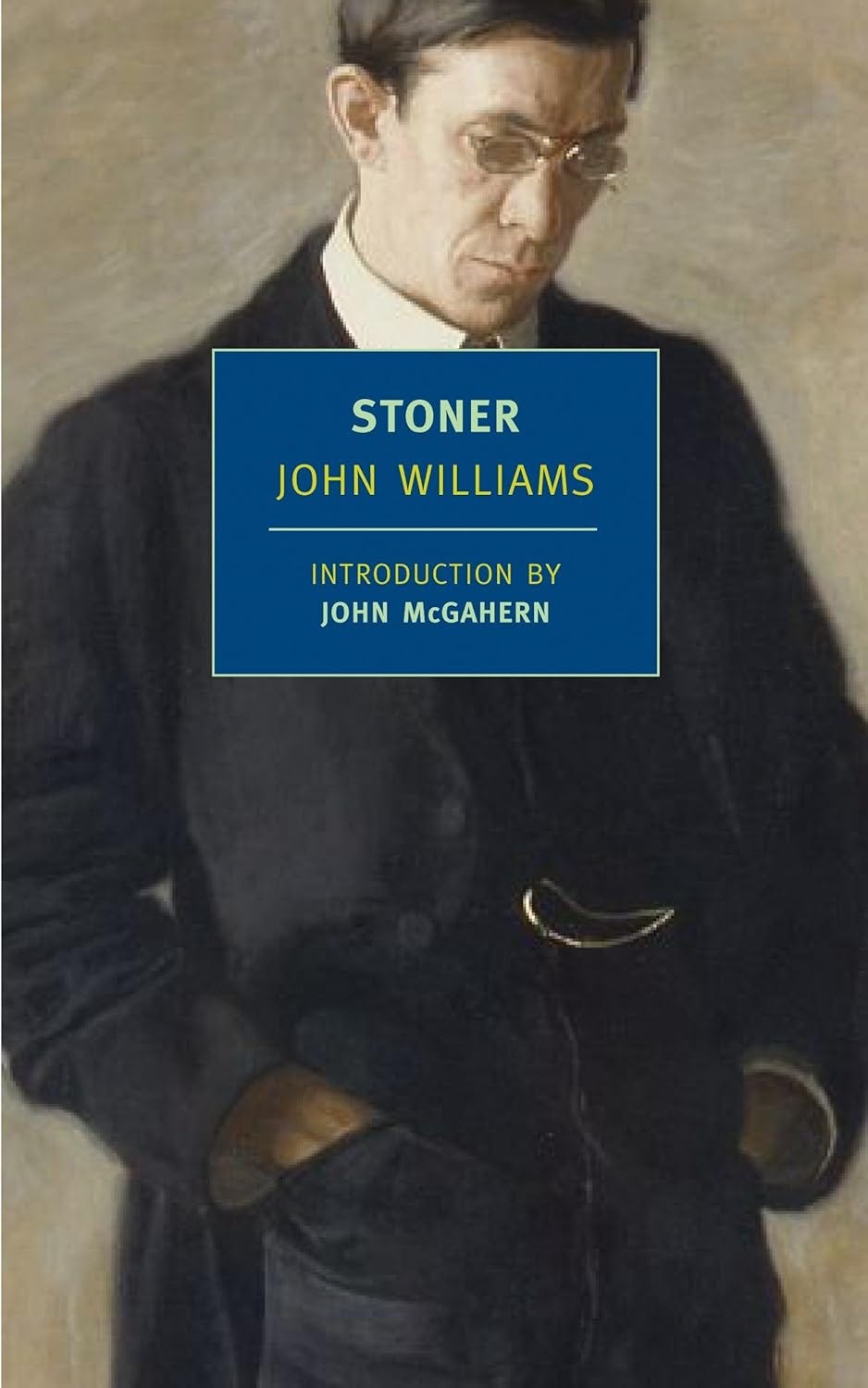
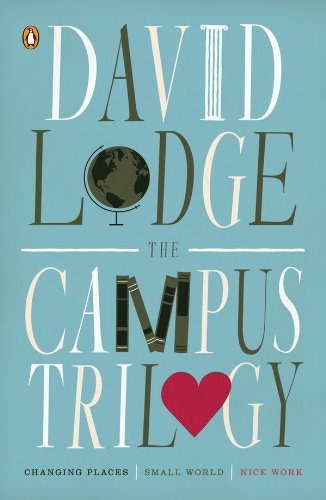
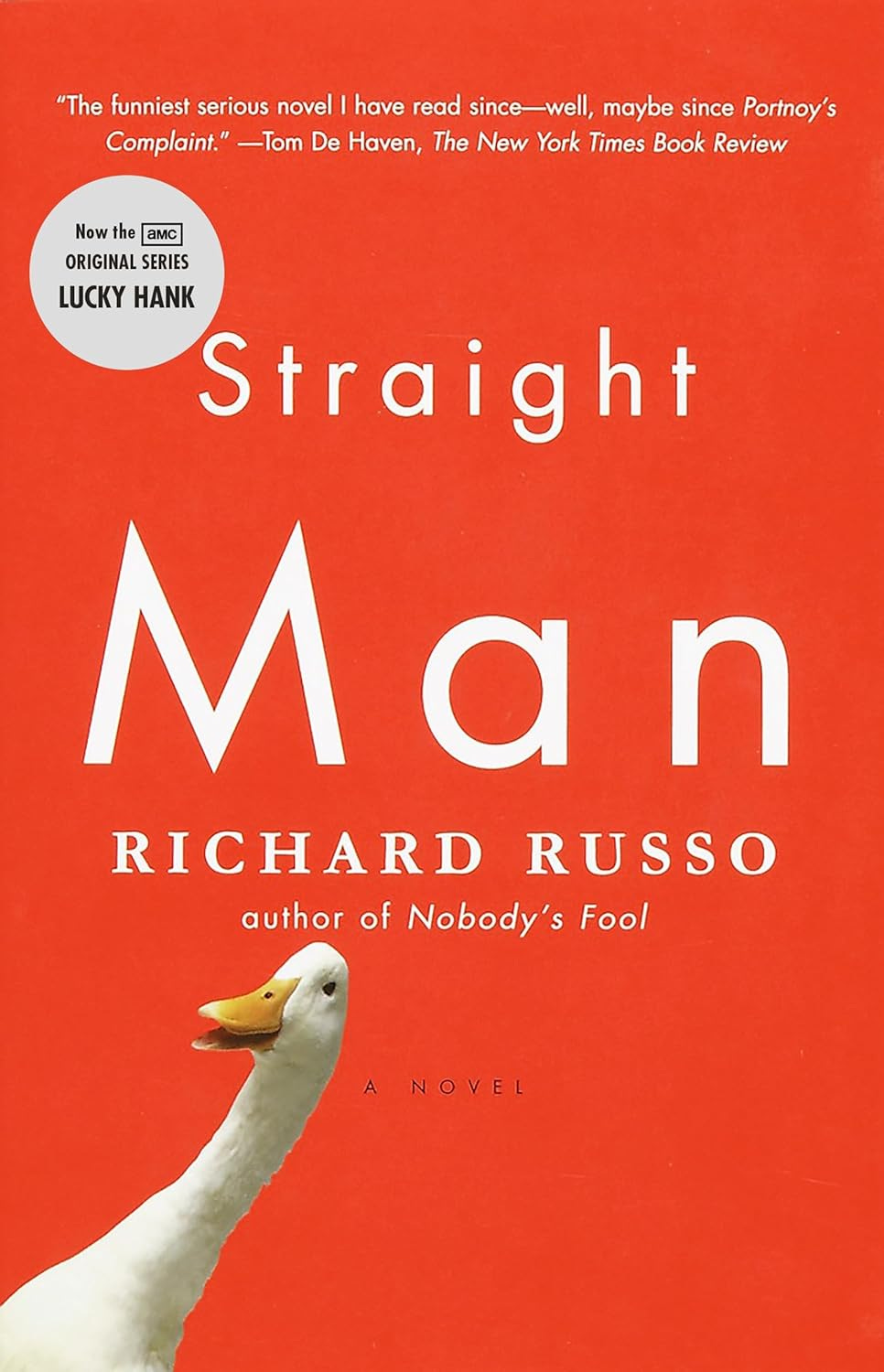
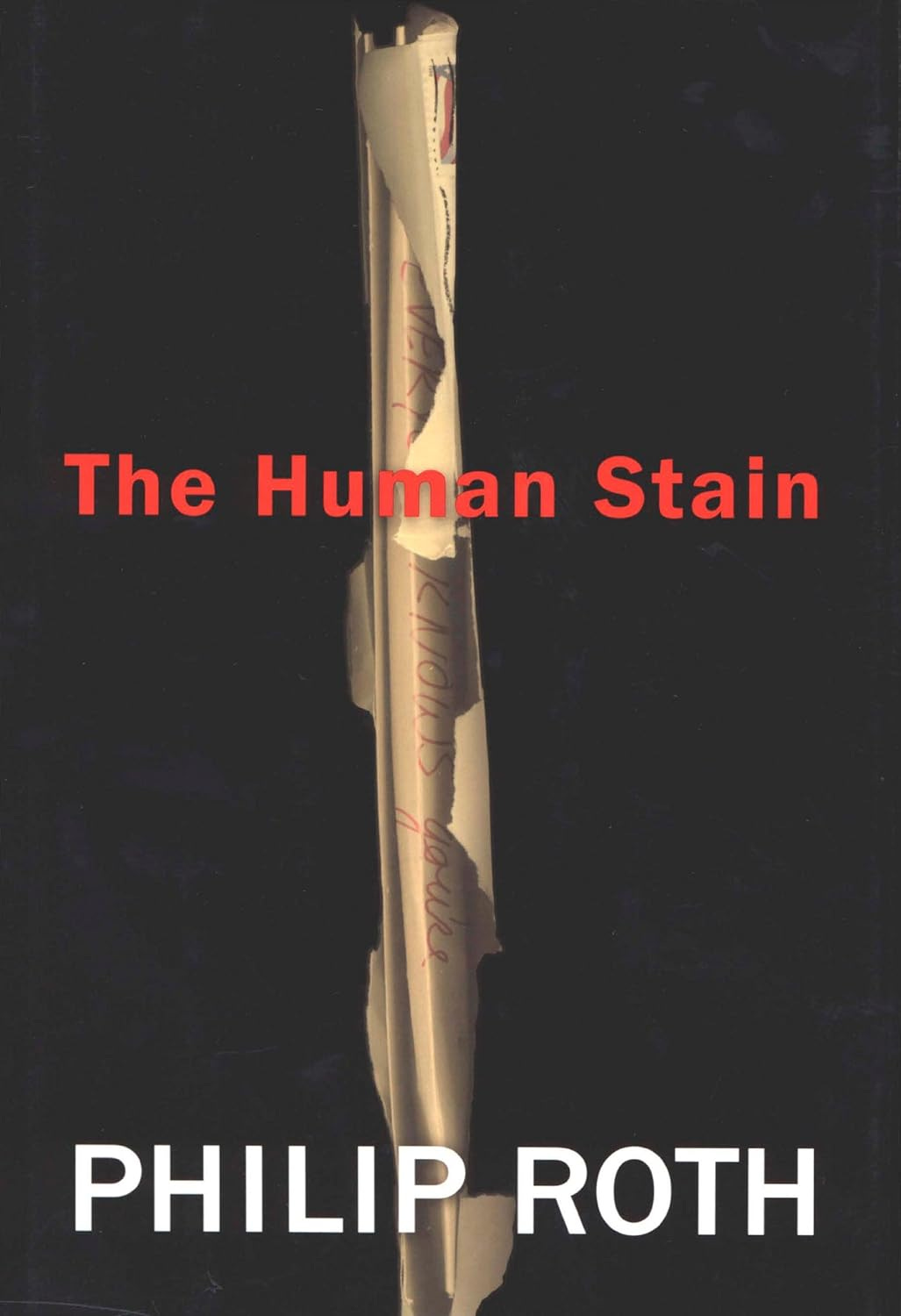
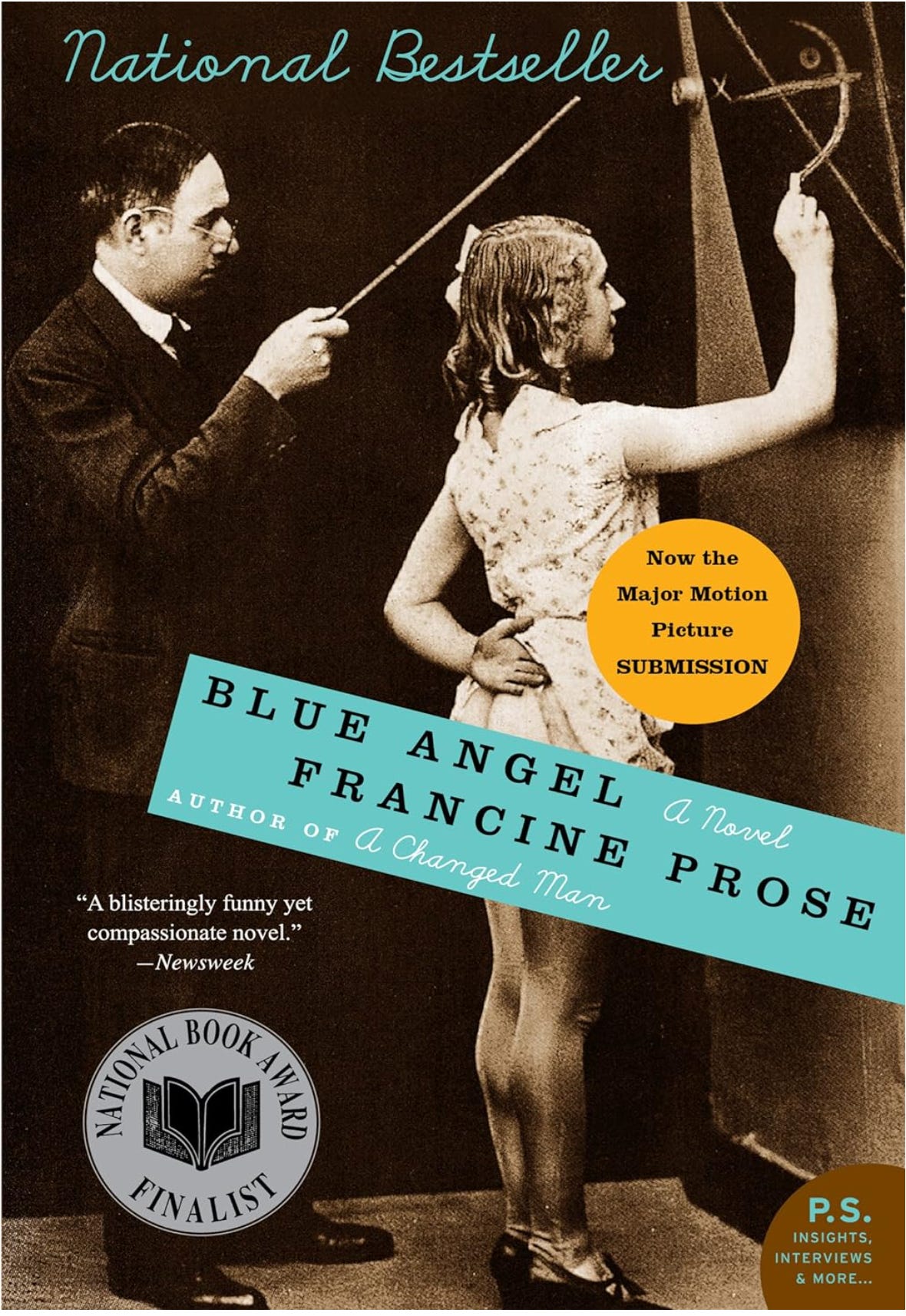
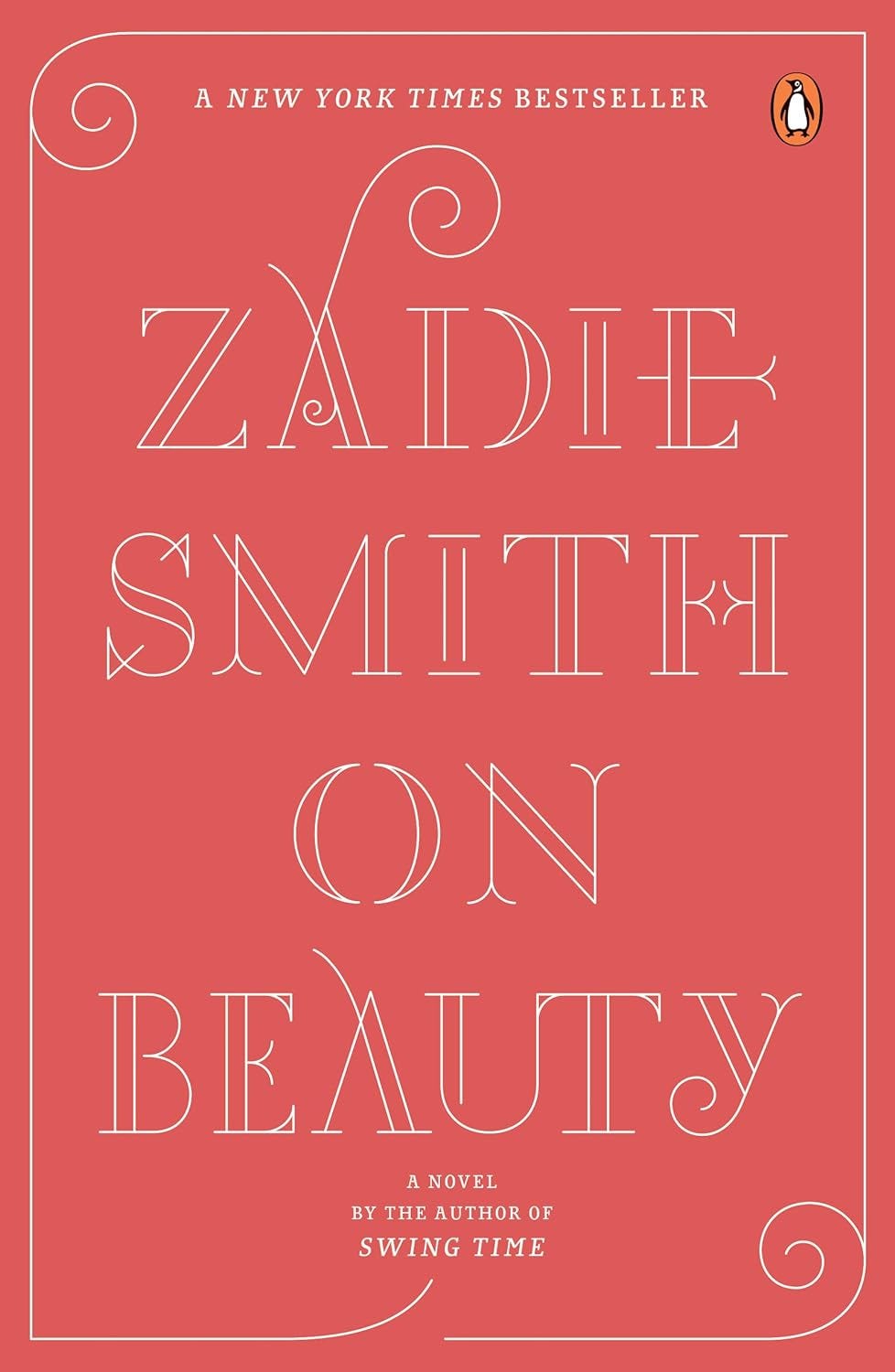
There’s something about the campus novel that appeals to me too.
My all-time favourite is the Secret History by Donna Tartt, and a more recent addition is the Art of Fielding by Chad Harbach.
Two very different books which each capture a side to college life.
Surprised not to see “The History Man” by Malcolm Bradbury (but I skimmed your criteria).